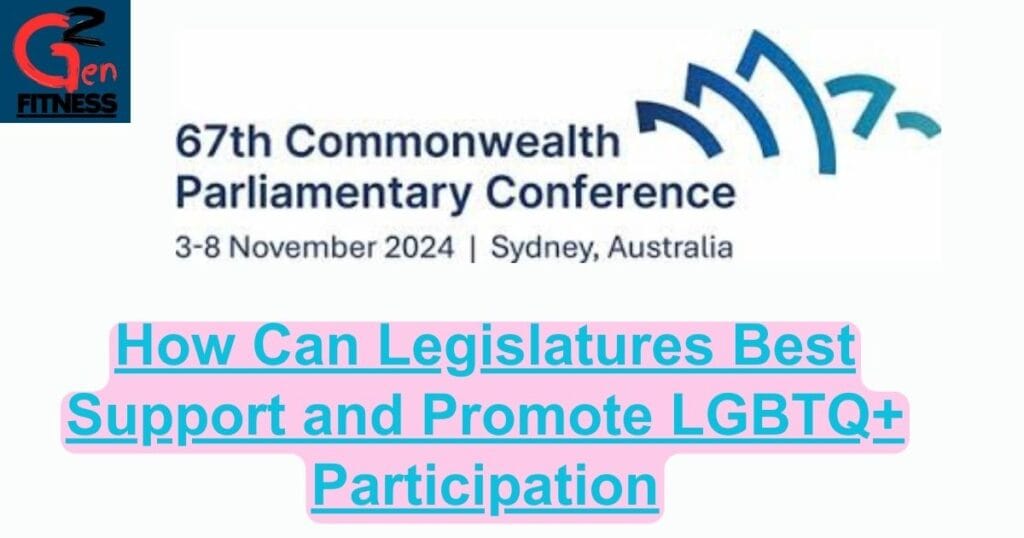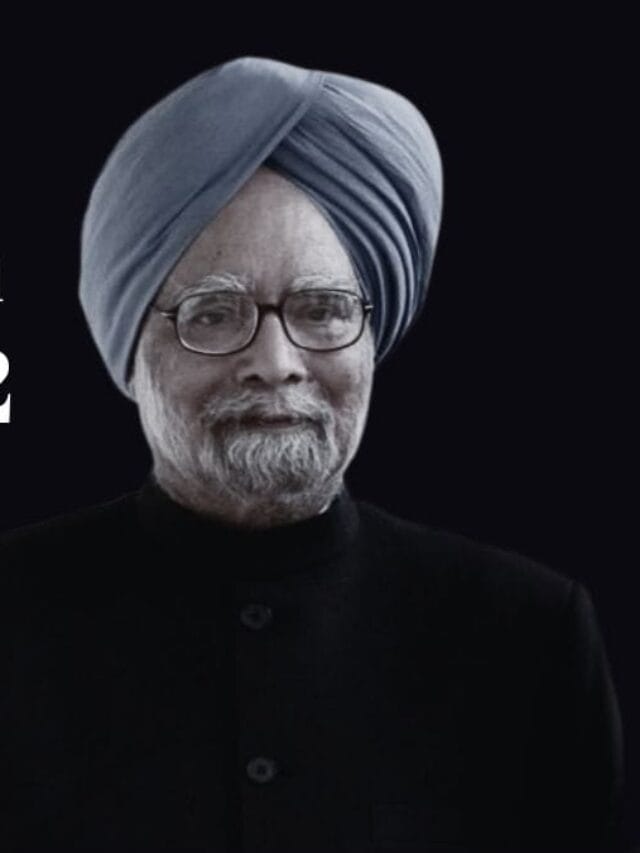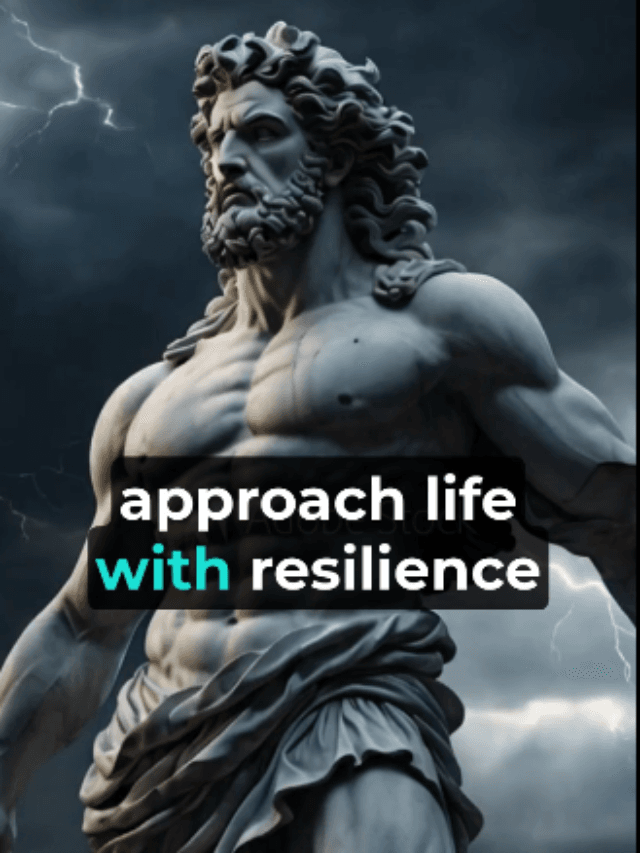

Workshop D: How Can Legislatures Best Support and Promote LGBTQ Participation
Honorable Chairs, distinguished colleagues, and esteemed guests,
Thank you for allowing me the privilege of addressing an issue that is not only a matter of social justice but also of democratic integrity—the importance of supporting and promoting LGBTQ+ participation in our legislative bodies.
A democracy is most robust when it represents and respects the diversity of its people. The right to participate in the democratic process is a fundamental human right that should be afforded to every individual, regardless of their sexual orientation or gender identity. Yet, across the globe, LGBTQ+ individuals continue to face barriers that inhibit their full and equal participation in political life. These obstacles range from legal discrimination to cultural stigmas, to the lack of representation in legislative bodies.
Today, I will outline why LGBTQ+ participation in legislatures is vital, explore the challenges that hinder their involvement, and suggest actionable steps that parliaments can take to actively promote and support the inclusion of LGBTQ+ voices in politics.
The Importance of LGBTQ+ Participation in Legislatures
At the heart of any democracy lies the principle of representation. A truly representative government must reflect the diversity of its society, ensuring that the voices of all its citizens are heard—particularly those who have historically been marginalized. LGBTQ+ individuals are an integral part of our communities, yet their perspectives and needs are often excluded from the legislative process.
Promoting LGBTQ+ participation in legislatures is not just about achieving equality for a specific group—it’s about making sure that policymaking is informed by the lived experiences of all citizens. Without LGBTQ+ representation, critical issues such as discrimination, healthcare inequities, mental health, education, and employment are either overlooked or inadequately addressed.
Legislatures have a unique role in fostering environments where LGBTQ+ individuals can thrive—not only as citizens but as policymakers and leaders. When LGBTQ+ people are at the table, the laws that are crafted are more inclusive, just, and reflective of the diverse needs of the population.
It is important to remember that LGBTQ+ participation in legislatures is also symbolic. It sends a message to the world that a nation values diversity, respects human rights, and is committed to equality for all. When LGBTQ+ individuals can see people like themselves in positions of power, it signals that they too have a rightful place in the democratic process.
Challenges to LGBTQ+ Participation
Before we can discuss how to support LGBTQ+ participation, it is necessary to understand the challenges that continue to hinder their involvement.
- Legal Barriers: In many countries, discriminatory laws still exist that prevent LGBTQ+ individuals from fully participating in political life. Whether it is laws that criminalize same-sex relationships or those that prevent transgender individuals from changing their legal gender, these laws serve as structural barriers that restrict LGBTQ+ people from freely participating in their societies.
- Discrimination and Stigmatization: LGBTQ+ individuals often face pervasive discrimination, harassment, and violence, both in their personal lives and in the public sphere. These hostile environments deter many from engaging in political activities, let alone running for office. Even in nations where LGBTQ+ rights have been legally recognized, cultural stigmatization remains a significant barrier.
- Underrepresentation: LGBTQ+ people are severely underrepresented in legislatures across the world. In some countries, they are completely absent from political leadership. Without visible LGBTQ+ role models in politics, aspiring leaders from the community often struggle to see a path to public office.
- Political Hostility: Even when LGBTQ+ candidates run for office, they are often subjected to heightened scrutiny, homophobic and transphobic attacks, and targeted disinformation campaigns. These politically motivated attacks not only aim to discredit LGBTQ+ candidates but also to alienate LGBTQ+ voters from participating in the political process.
- Lack of Institutional Support: Many LGBTQ+ individuals lack the financial and political backing needed to run for office, particularly in systems where funding, party endorsements, and media access are critical to winning elections. Without these institutional resources, LGBTQ+ candidates often face an uphill battle in electoral campaigns.
How Legislatures Can Best Support and Promote LGBTQ+ Participation
To ensure that legislatures are truly inclusive, we must take proactive measures to dismantle the barriers that LGBTQ+ people face. Here are some key actions that parliaments and governments can take:
- Enact Anti-Discrimination Legislation:The first and most fundamental step legislatures must take is to pass comprehensive anti-discrimination laws that protect LGBTQ+ individuals from bias in all areas of life, including politics. These laws should cover not only employment, housing, and healthcare but also political participation. Discriminatory practices—whether in the form of hate speech, biased media coverage, or exclusion from party nominations—must be met with legal consequences.Moreover, countries with laws that criminalize LGBTQ+ identities must move toward decriminalization. As long as LGBTQ+ individuals live under the threat of legal persecution, their participation in public life will be stifled.
- Promote Representation Through Electoral Reforms:To ensure that LGBTQ+ voices are present in our legislatures, we must look at our electoral systems and ask whether they provide an equal playing field for all. Countries can explore mechanisms such as proportional representation, which allows for greater diversity in elected bodies, or introduce quotas that guarantee LGBTQ+ representation, as some countries have done for women and other marginalized groups.Political parties, too, must take responsibility by actively recruiting, supporting, and endorsing LGBTQ+ candidates. They should establish internal policies that ensure diversity in their candidate lists and leadership positions.
- Provide Safe Spaces for LGBTQ+ Politicians:Parliament must be a safe space for all its members, free from hate speech, discrimination, and violence. Legislatures can institute codes of conduct that explicitly prohibit homophobic, transphobic, and discriminatory language and behavior within their chambers.Additionally, providing LGBTQ+ parliamentarians with adequate security and protection—both physical and psychological—is critical, particularly in regions where political violence or targeted attacks are common. Support networks, mentorship programs, and counseling services can go a long way in ensuring that LGBTQ+ politicians feel supported.
- Address Intersectional Discrimination:LGBTQ+ individuals are not a monolithic group, and their experiences in political life can vary significantly depending on other aspects of their identity, such as race, gender, disability, or socioeconomic status. Parliaments must be mindful of intersectional discrimination and take steps to address the unique challenges faced by LGBTQ+ individuals who also belong to other marginalized communities.For example, a lesbian woman of color or a transgender refugee may face compounded barriers that a cisgender, white gay man might not experience. Ensuring that these intersecting identities are considered in legislative reforms and outreach efforts is crucial for truly inclusive political participation.
- Amplify LGBTQ+ Issues Through Legislative Advocacy:Parliaments can actively advance LGBTQ+ rights by introducing and passing legislation that addresses the specific needs of the community. This includes laws that protect LGBTQ+ individuals from hate crimes, ensure access to gender-affirming healthcare, and recognize diverse family structures, among other issues.Legislators must also engage in regular dialogue with LGBTQ+ organizations and civil society groups to ensure that their concerns are heard and addressed. Creating dedicated parliamentary committees or caucuses focused on LGBTQ+ rights can provide a formal avenue for advancing these issues.
- Educational Campaigns and Awareness Programs:Legislatures have the power to lead by example. By organizing public awareness campaigns and promoting education on LGBTQ+ issues, parliamentarians can help shift societal attitudes and reduce the stigmatization that often accompanies LGBTQ+ identities. These campaigns can also highlight the contributions of LGBTQ+ individuals to society and demonstrate why their participation in politics is crucial for a healthy democracy.
Conclusion
The road to full LGBTQ+ participation in politics may be long, but it is an essential journey we must undertake to ensure that our democracies truly reflect the people they serve. By taking concrete steps to break down legal, cultural, and institutional barriers, legislatures can foster an environment where LGBTQ+ individuals are not just included but are empowered to lead, legislate, and advocate for a more just and equitable society.
The future of democracy depends on our collective commitment to inclusivity and representation. Let us work together to create a world where every person—regardless of their sexual orientation or gender identity—can participate fully and freely in the political life of their country.
Thank you.
Workshop c: Violence and Abuse of Parliamentarians Case Studies from the Commonwealth


Best Book to read in 2024- https://eatyourproblems.store/





